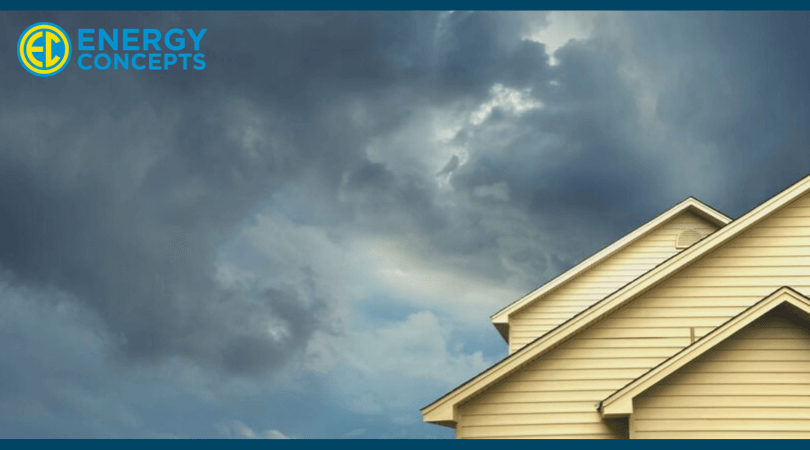How Do Solar Panels Work In The Winter?

Winter brings many new responsibilities for Fresno homeowners. From yard work to sealing your building’s cracks and crevices, there’s plenty to do. Naturally, those with solar panels might wonder how the season is going to impact their household’s energy systems as well. Fortunately, winter’s impacts on solar installations are easy to predict. Here’s a quick rundown of two major performance factors.
How Well Do Solar Panels Work On Cloudy Days?
The amount of energy a solar panel produces is directly related to how much incoming light it receives. This can result in lower power output on cloudy days, but don’t worry too much. Modern solar panels make up for the difference via a variety of design and installation techniques.
- For instance, batteries can store energy to make up for lower-light periods, and cells that absorb a wider range of colors tend to fare better when the skies are overcast.
- The way your panels are wired and connected to inverters will also help them maintain consistent output.
Interestingly, sparse cloud cover can actually serve as a magnifying lens that intensifies generation under certain conditions.
Are Solar Panels More Efficient In Cold Weather?
As solar panels get hotter, their efficiency tends to drop. Although it seems counterintuitive, solar panel’s efficiency tends to drop when it’s hotter. The extra energy absorbed by the panels in the form of heat doesn’t translate to a higher voltage or current output. Most panels are rated to operate within specific ranges, and at temperatures above their acceptable maximum, they reach their peak output. Winter’s lower air temperatures let more heat escape from panels and outdoor inverters. Just like your computer or car works more efficiently with proper cooling, your solar panels might fare slightly better during a cold snap.
Your solar panels require sunlight, not necessarily heat, so it’s safe to say that a hot summer day won’t necessarily translate into more energy being produced. In fact, some places, like Qatar, have even proven too hot for solar! Regardless, good installations minimize the seasonal differences by including adequate ventilation but don’t be surprised if you’re generating more on a sunny December day.
To learn more about solar panels and how they fare throughout the seasons, contact our professionals at Energy Concepts in Fresno!
